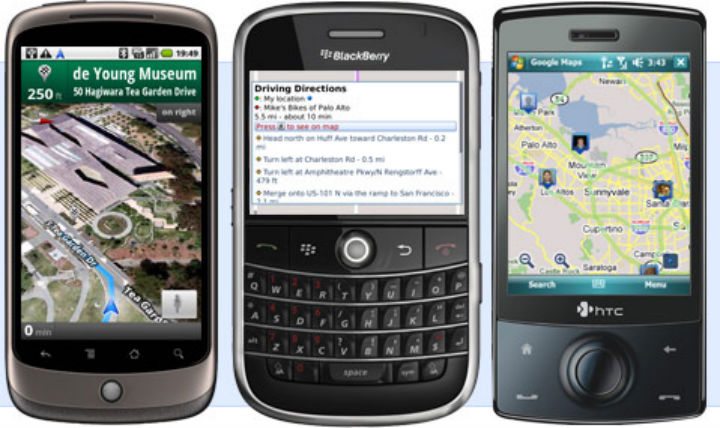FCC Chairman Wheeler and Commissioner Clyburn circulate order to add subsidized broadband to Lifeline program
The Federal Communications Commission this week moved on plans to add broadband connectivity to the government’s Lifeline program.
The FCC said it was circulating an order, backed by FCC Chairman Tom Wheeler and Commissioner Mignon Clyburn, for consideration to the full commission that would make available $9.25 per month to support stand-alone broadband services and bundled voice and data service packages to low-income consumers. The order is set for a commission vote at the FCC’s March 31 open meeting.
The proposed program includes minimum service standards designed to ensure supported services meet certain targets; tap into previous Lifeline reforms in establishing a National Eligibility Verifier in order to “deter waste, fraud and abuse” in the program; and a “budget mechanism” to limit Lifeline’s cost to ratepayers.
Details of those moves include the support of unlimited mobile voice services through the end of 2019, after which those mobile service providers would need to include broadband access as part of their service; require unlimited minutes for mobile voice services beginning Dec. 1; continued support of fixed services due to “affordability challenges” with broadband access; and promoting Lifeline-supported devices that support Wi-Fi access.
Service providers taking advantage of the program would need to offer fixed broadband speeds of at least 10 megabits per second on the downlink and 1 Mbps on the uplink; provide for at least 150 gigabytes per month of usage for fixed services; and the phasing in of mobile access starting at 500 megabytes per month for 3G data, increasing to 2 GB per month by the end of 2018.
Financially, the order proposes to set a budget of $2.25 billion for the program; and plans to reduce the subsidy for standalone mobile voice services from the current $9.25 per month to $7.25 per month by Dec. 1, 2017, to $5.25 per month on Dec. 1, 2018, and no support after Dec. 1, 2019.
“This is good-government reform that puts consumers and ratepayers first by creating a market-based climate for competition, with the controls needed to guard against market abuse,” Wheeler and Clyburn noted in a joint statement. “We’re pleased to offer this plan to provide a pathway out poverty for low-income consumers by modernizing Lifeline for the 21st Century.”
Republican FCC Commissioner Michael O’Rielly, was not as enamored with the proposal, first calling out Wheeler and Clyburn for circulating the order to the media before the other commissioners, and calling into question the funding and budget aspects of the program.
“It’s impossible to tell whether the ‘budget mechanism’ is actually a budget in any real sense of the word,” O’Rielly stated. “It is unclear what ‘commission action’ would take place when spending gets close to the amount specified – would the full commission get a vote? … This fiasco seems to add fuel to my arguments for releasing the document to the public or at minimum to stop censoring commissioners with rules that aren’t being applied equally.”
Wireless industry trade group CTIA expressed concerns regarding subsidy reductions for wireless services “while continuing to fund wireline voice, which ignores the cord-cutting trend that has taken hold across the nation.”
The FCC has attempted to corral the waste and fraud issues surrounding the Lifeline program, including fining operators for gaming the program.
Bored? Why not follow me on Twitter
